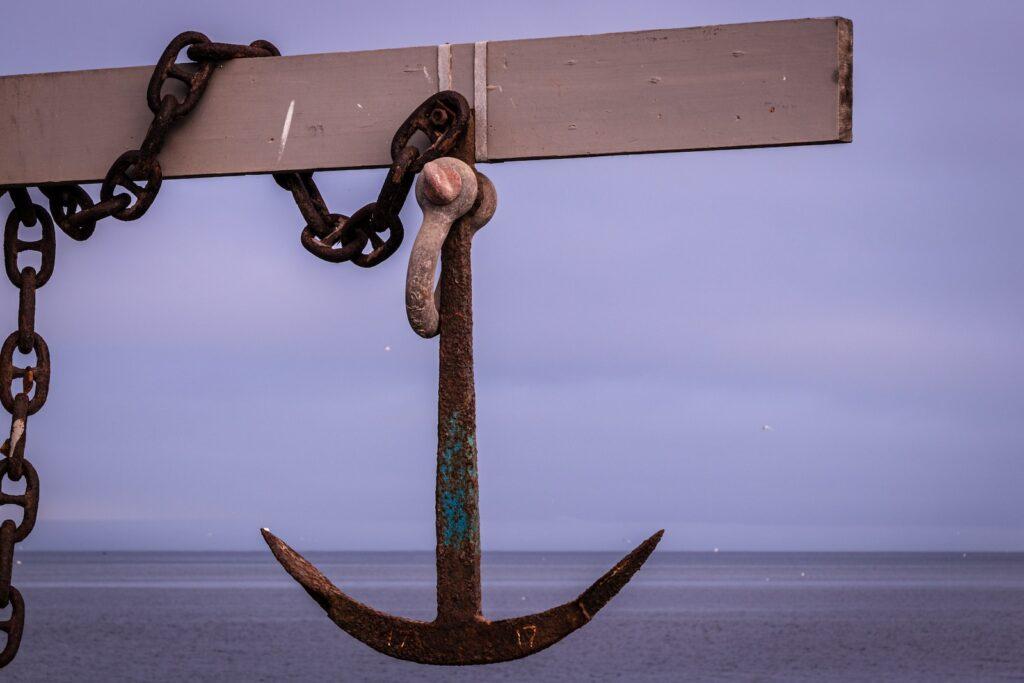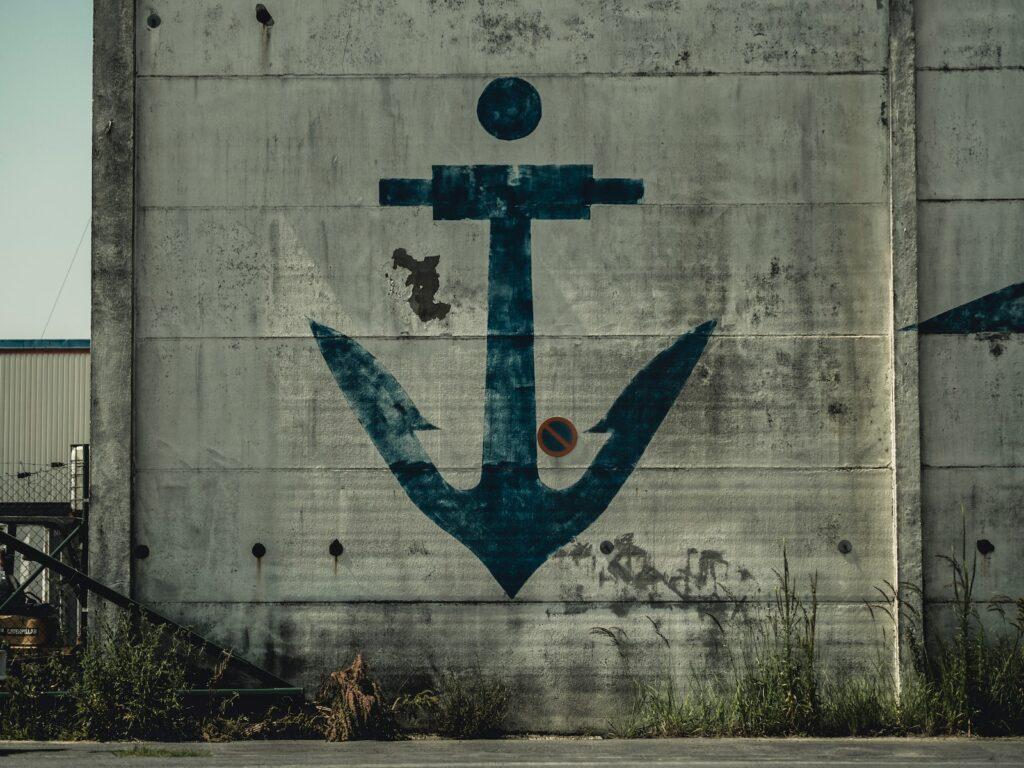Best Anchor for Pontoon Boat
Looking for the best anchor for your pontoon boat? Look no further! In this article, we’ll guide you through the top anchors to keep your boat secure in any condition.
Whether you’re cruising on calm waters or battling rough conditions, we’ve got you covered. Discover the features to consider and find the perfect anchor that will give you the freedom to explore without worry.
Let’s dive in and find your ideal pontoon boat anchor!
Key Takeaways
- Fluke anchor, plow anchor, grapnel anchor, and mushroom anchor are the different types of anchors for pontoon boats.
- Factors to consider when choosing an anchor include the bottom surface, water depth, and weather conditions.
- Top features to look for in a pontoon boat anchor include versatility, easy deployment, durability, stability, and performance.
- In calm waters, lightweight yet durable anchors like aluminum or galvanized steel fluke or grapnel designs are suitable, while in rough conditions, anchors like the Mantus, Fortress, and Rocna provide exceptional holding power and durability.
Types of Anchors for Pontoon Boats
If you’re looking for the perfect anchor for your pontoon boat, there are several types to consider. When it comes to freedom on the water, having the right anchor is crucial.
One popular option is the fluke anchor. It’s lightweight, easy to handle, and works well in sandy or muddy bottoms. The fluke anchor is designed to dig into the ground, providing a secure hold for your boat.
Another choice is the plow anchor, which is known for its strength and reliability. It’s ideal for rocky or weedy bottoms, giving you peace of mind knowing that your boat won’t drift away.
If you prefer a compact and easy-to-store anchor, the grapnel anchor is a great option. It’s designed with multiple hooks that provide a strong grip on various surfaces.
Lastly, there’s the mushroom anchor, which is perfect for soft or muddy bottoms. This anchor works by sinking into the ground and creating suction, keeping your pontoon boat in place.
With these different types of anchors, you have the freedom to choose the one that best suits your boating needs.

Factors to Consider When Choosing an Anchor
When selecting an anchor for your pontoon boat, you should take into account the specific conditions you will encounter on the water. Factors such as the type of bottom surface, water depth, and weather conditions can greatly affect the performance of your anchor. To help you make an informed decision, consider the following factors:
| Factor | Description | Importance |
|---|---|---|
| Bottom Surface | Different anchors work better on specific bottom surfaces such as sand, mud, or rocky bottoms. | High |
| Water Depth | The depth of the water will determine the length of anchor line you will need. | Medium |
| Weather Conditions | Strong winds and currents require a heavier and more secure anchor to ensure your boat stays in place. | High |
Top Features to Look for in a Pontoon Boat Anchor
First, you should look for a pontoon boat anchor that has multiple flukes and a weighted tip. These features are essential for ensuring the anchor’s stability and effectiveness in different water conditions.
Here are the top features to look for in a pontoon boat anchor:
- Versatility: A good anchor should be versatile enough to handle various bottom types, such as sand, mud, or rocks. Look for an anchor that can adapt to different environments, giving you the freedom to explore different water bodies without worrying about the anchor’s performance.
- Easy Deployment: Time spent on the water is precious, so you want an anchor that can be easily deployed and retrieved. Look for features like a quick-release mechanism or an anchor that can be easily lowered and raised with minimal effort. This way, you can spend more time enjoying your boating adventures.
- Durability: Your pontoon boat anchor should be built to withstand the elements and last for years. Look for anchors made from high-quality materials like stainless steel or galvanized steel, which are resistant to corrosion and can handle the rigors of the marine environment.

Best Anchors for Pontoon Boats in Calm Waters
When choosing an anchor for your pontoon boat in calm waters, you should consider the specific features that will ensure stability and secure hold in serene conditions.
As someone who desires freedom on the open water, it’s important to have an anchor that will keep your pontoon boat safely in place, allowing you to relax and enjoy the peaceful surroundings.
In calm waters, you don’t need a heavy-duty anchor designed for rough conditions. Instead, look for anchors that are lightweight yet durable, such as aluminum or galvanized steel anchors. These anchors are easy to handle and won’t weigh you down when it’s time to move to a new spot.
Additionally, consider anchors with flukes or grapnel designs, as they provide excellent holding power in calm waters. These designs allow the anchor to dig into the bottom and create a secure hold, ensuring your pontoon boat stays right where you want it.
With the right anchor for calm waters, you’ll have the freedom to explore and enjoy the tranquility of the open water without any worries about drifting away.
Best Anchors for Pontoon Boats in Rough Conditions
For the best performance in rough conditions, you’ll want to consider anchors with heavy-duty construction and superior holding power. When the waves are crashing and the wind is howling, you need an anchor that can withstand the forces of nature and keep your pontoon boat secure.
Here are three top anchors that will give you the freedom to navigate even the roughest waters:
- Mantus Anchor — This anchor is known for its exceptional holding power and reliability. It features a unique design with sharp fluke edges that dig deep into the seabed, providing maximum grip. The Mantus Anchor is made from high-quality steel, making it incredibly durable and able to withstand rough conditions.
- Fortress Anchor — The Fortress Anchor is lightweight yet incredibly strong. It’s made from a high-tensile aluminum-magnesium alloy, which offers superior strength-to-weight ratio. This anchor is designed to quickly set and hold in various seabeds, even in rough conditions.
- Rocna Anchor — The Rocna Anchor is renowned for its exceptional holding power and versatility. It features a sharp, concave fluke design that ensures maximum bite and holding strength. This anchor is built to withstand the harshest conditions, making it a reliable choice for rough waters.
With these heavy-duty anchors, you can have peace of mind knowing that your pontoon boat is securely anchored, allowing you to freely explore and enjoy your time on the water, no matter how rough the conditions may be.

What size anchor do I need for a pontoon boat?
The size of anchor you need for a pontoon boat depends on the size of the boat and the conditions of the body of water you plan to use it in. Generally, an 8–10 pound anchor is suitable for pontoon boats under 20 feet, while larger boats may require an anchor of 15–20 pounds. If you plan to use your pontoon boat in strong currents or deep water, you may need to select an anchor that is heavier than what is recommended for your boat size. It is important to consider the type of bottom you will be anchoring in as well, as some anchors are better suited for sand, mud, or rock.
Fluke anchors are good for pontoon boats because they are light and easy to deploy, while mushroom anchors are a good choice in sandy bottoms or for boats with limited swing room.
Plow anchors are typically heavier and ideal for boats in choppy waters, while Danforth anchors are excellent for light boats and are good in most bottom conditions. Right anchor will depend on the size of your boat, the depth and current of the water, and the type of bottom you plan to anchor in.
FAQs
What is the best anchor for a pontoon boat?
The best anchor for a pontoon boat will depend on the size and weight of the boat, the conditions in which it will be used, and your budget. Fluke, claw, and plow anchors are all popular types of anchors for pontoon boats.
How much does a pontoon boat anchor cost?
The cost of a pontoon boat anchor will depend on the size and material of the anchor. Anchors can range in price from a few dollars to hundreds of dollars.
How do I set an anchor on my pontoon boat?
Setting an anchor on a pontoon boat is relatively easy. You need to select the right anchor for your boat. Then, you need to attach the anchor line to the anchor and secure it to the boat. You need to drop the anchor into the water and secure it to the boat.
How do I retrieve an anchor from my pontoon boat?
Retrieving an anchor from a pontoon boat is relatively easy. You need to loosen the anchor line from the anchor. Then, you need to pull the anchor out of the water and onto the boat. You need to secure the anchor to the boat and store it in a safe place.
